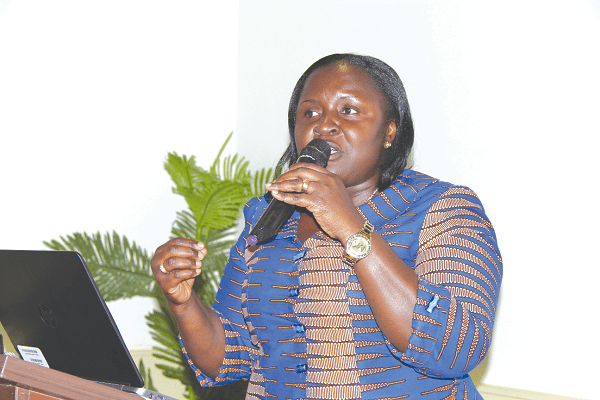
Ghana maintains score on Global Corruption Perception Index
Ghana has been ranked 80th out of the 180 countries and territories on the 2019 Global Corruption Perception Index (CPI).
In a Transparency International (TI) CPI report published yesterday, Ghana scored 41 out of 100 points, maintaining its 2018 score.
Advertisement
In 2018, Ghana was ranked 78th out of the 180 countries and territories on the CPI.
Ghana performs better
According to the report, Ghana performed better than 37 other sub-Saharan African countries, including Burkina Faso, 40 points; Lesotho, 40; Ethiopia, 37; The Gambia, 37, and Tanzania, 37.
Ghana could, however, not catch up with countries such as South Africa, Senegal, São Tomé and Príncipe, among others, that had scored better than the country in 2018.
About the CPI
The CPI scores and ranks 180 countries and territories by their perceived levels of public sector corruption.
The 2019 index drew on 13 surveys and expert assessments to measure public sector corruption, giving each country a score from zero (highly corrupt) to 100 (very clean).
The report focuses on political integrity and highlights the relationship among politics, money and corruption.
By political integrity, TI means the quality of (a) contesting and exercising power (political/public office), consistently acting in the public interest, and (b) providing equal, open and meaningful access to the affected stakeholders before arriving at decisions.
Call to action
“Frustration with corruption in government and lack of trust in institutions speak to a need for greater political integrity,” the Chair of TI, Ms Delia Ferreira Rubio, is reported to have said.
“Governments must urgently address the corrupting role of big money in political party financing and the undue influence it exerts on our political systems,” she added.
The 2019 CPI report indicated that more than two-thirds of countries — along with many of the world’s most advanced economies — were stagnating or showing signs of backsliding in their anti-corruption efforts.
Recommendations
The Ghana Integrity Initiative (GII), the local chapter of TI, in its recommendations, urged the government to take a critical look at elements that promoted public sector corruption, including patronage, clientelism, nepotism and the suspiciously close ties between politics and business.
“The government should enforce sanctions against vote buying, abuse of incumbency and threats to voters in order to ensure that the 2020 elections are held in a fair and transparent environment,” it said.
It further urged political parties to demonstrate a high sense of integrity and transparency in all their campaign finances in order to avoid the snares of “political entrepreneurs”.
“The Electoral Commission should enforce sections 13 and 14 of the Political Parties Act, 2000 (Act 574) which deal with the declaration of assets and expenditure by political parties,” it urged.
The GII further called on civil society organisations, including the media, to offer equal opportunities for ideas, programmes and plans to be espoused and also create platforms to hold duty bearers accountable.




